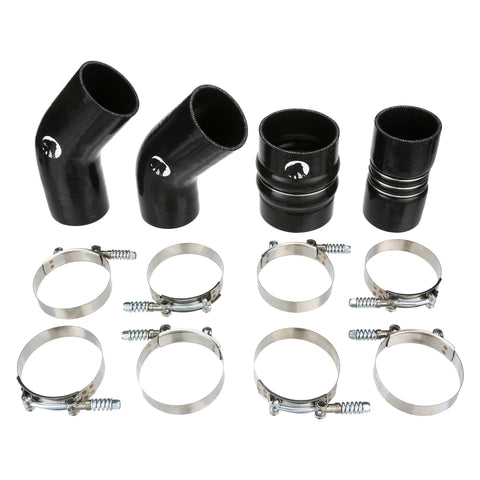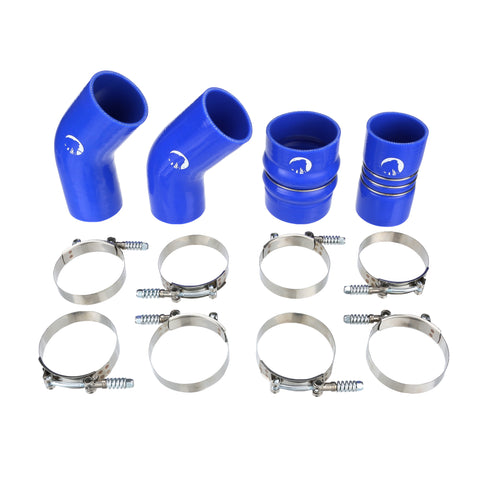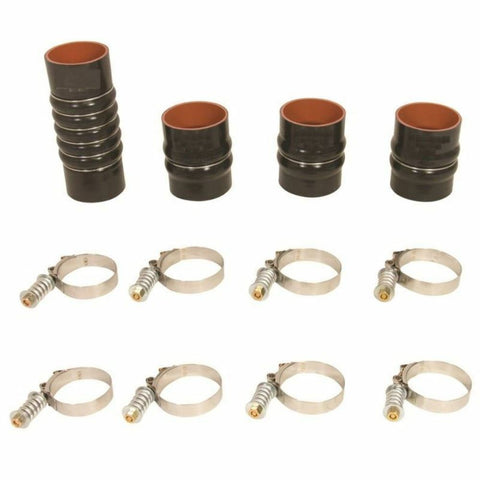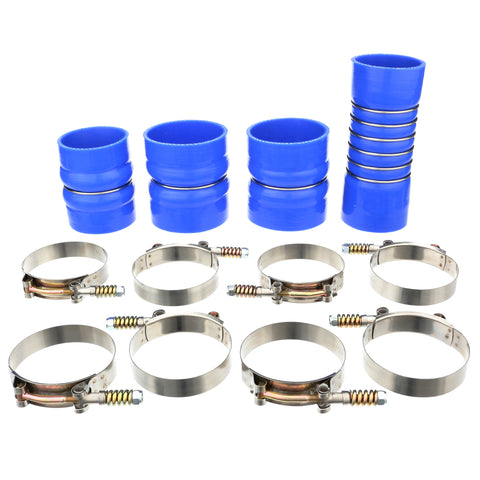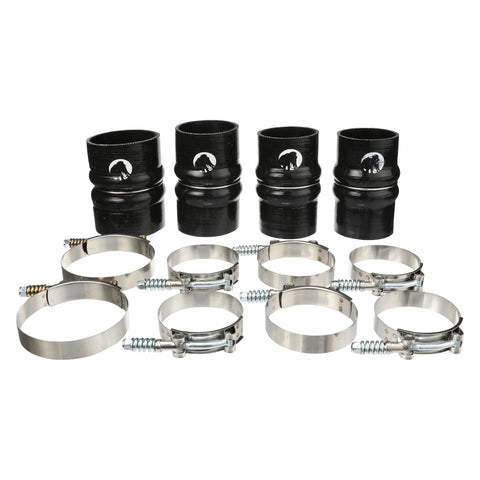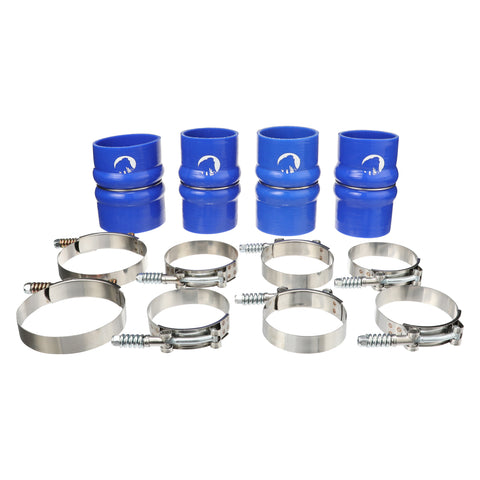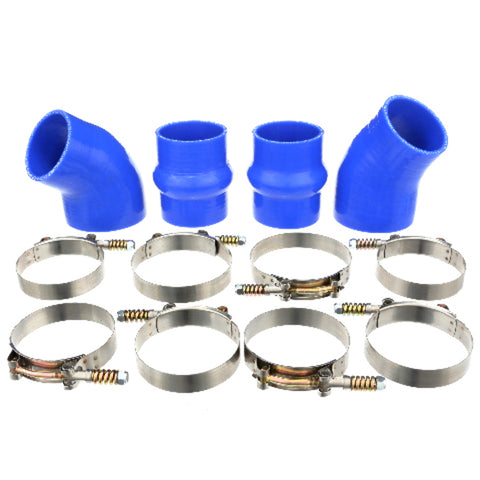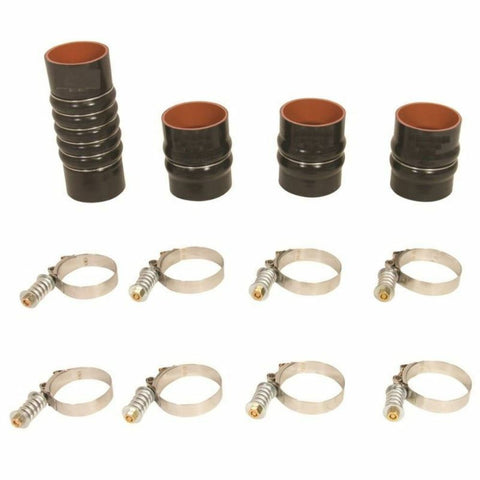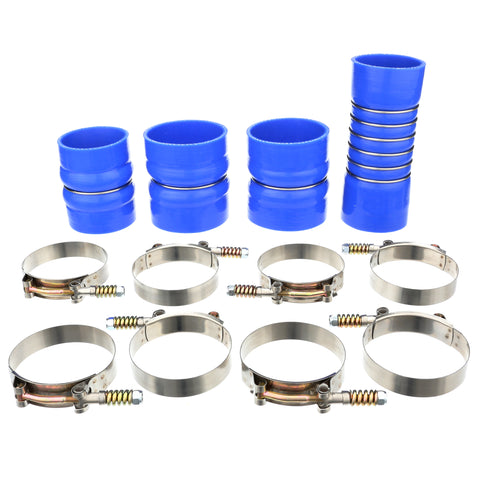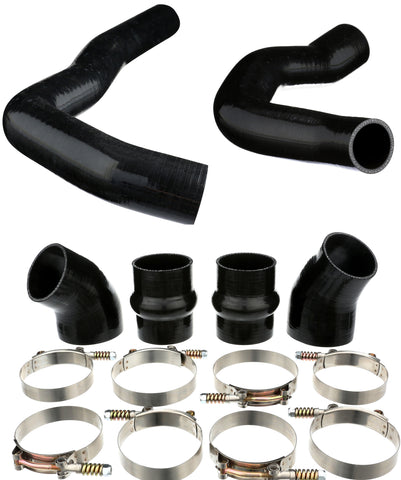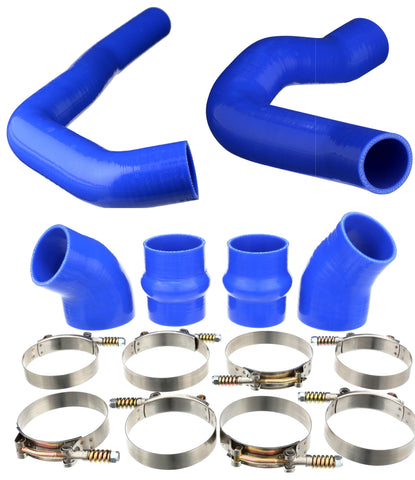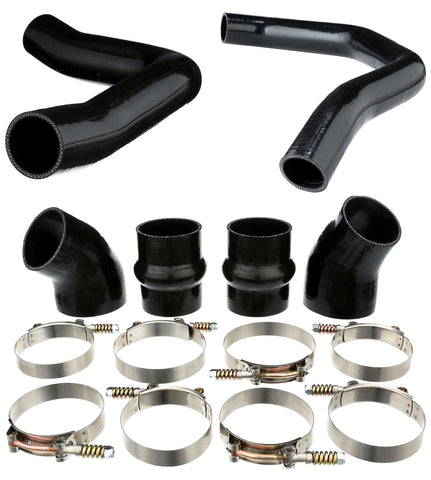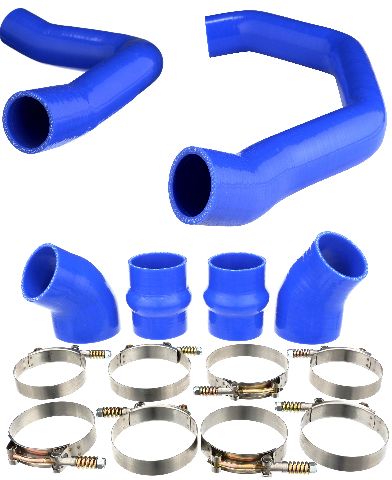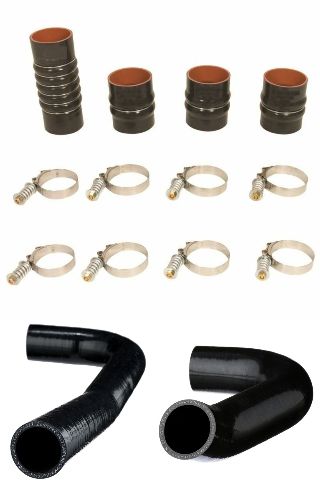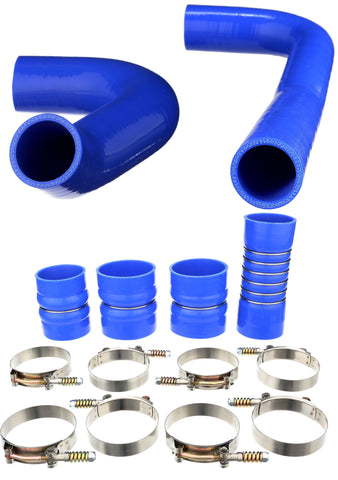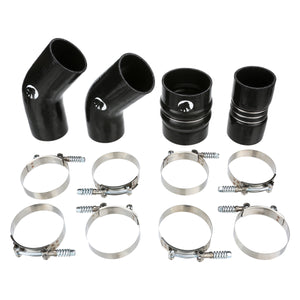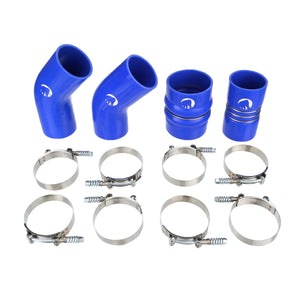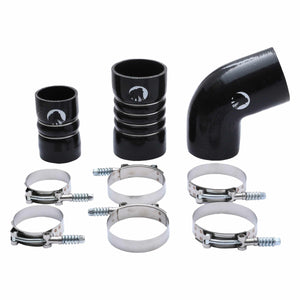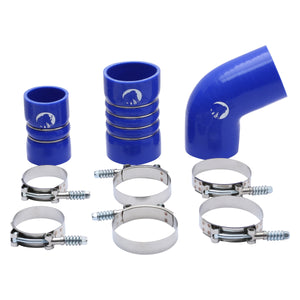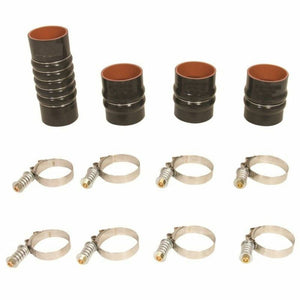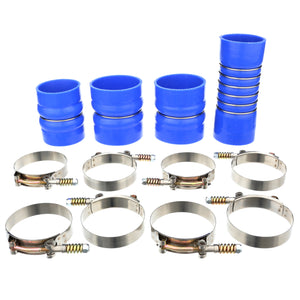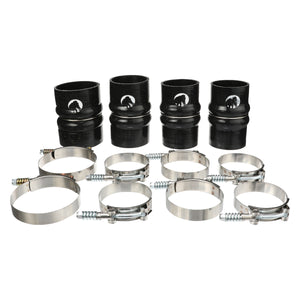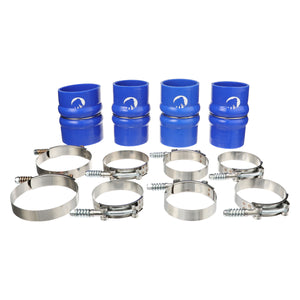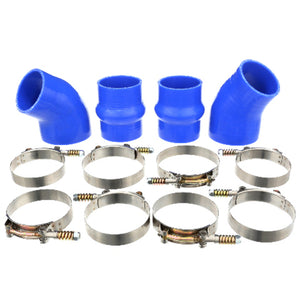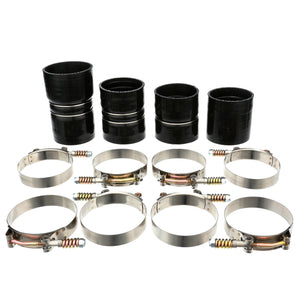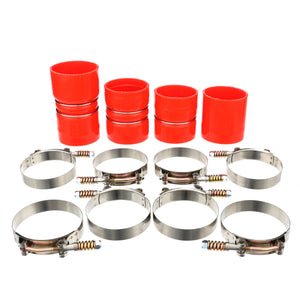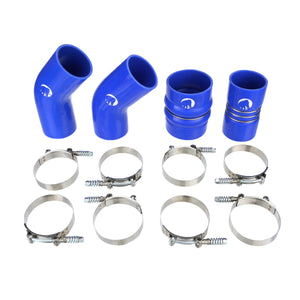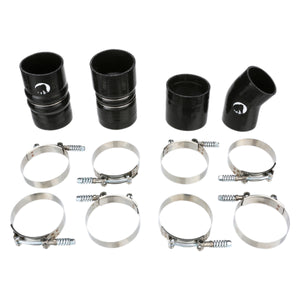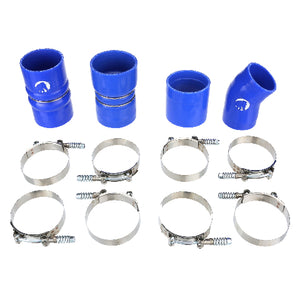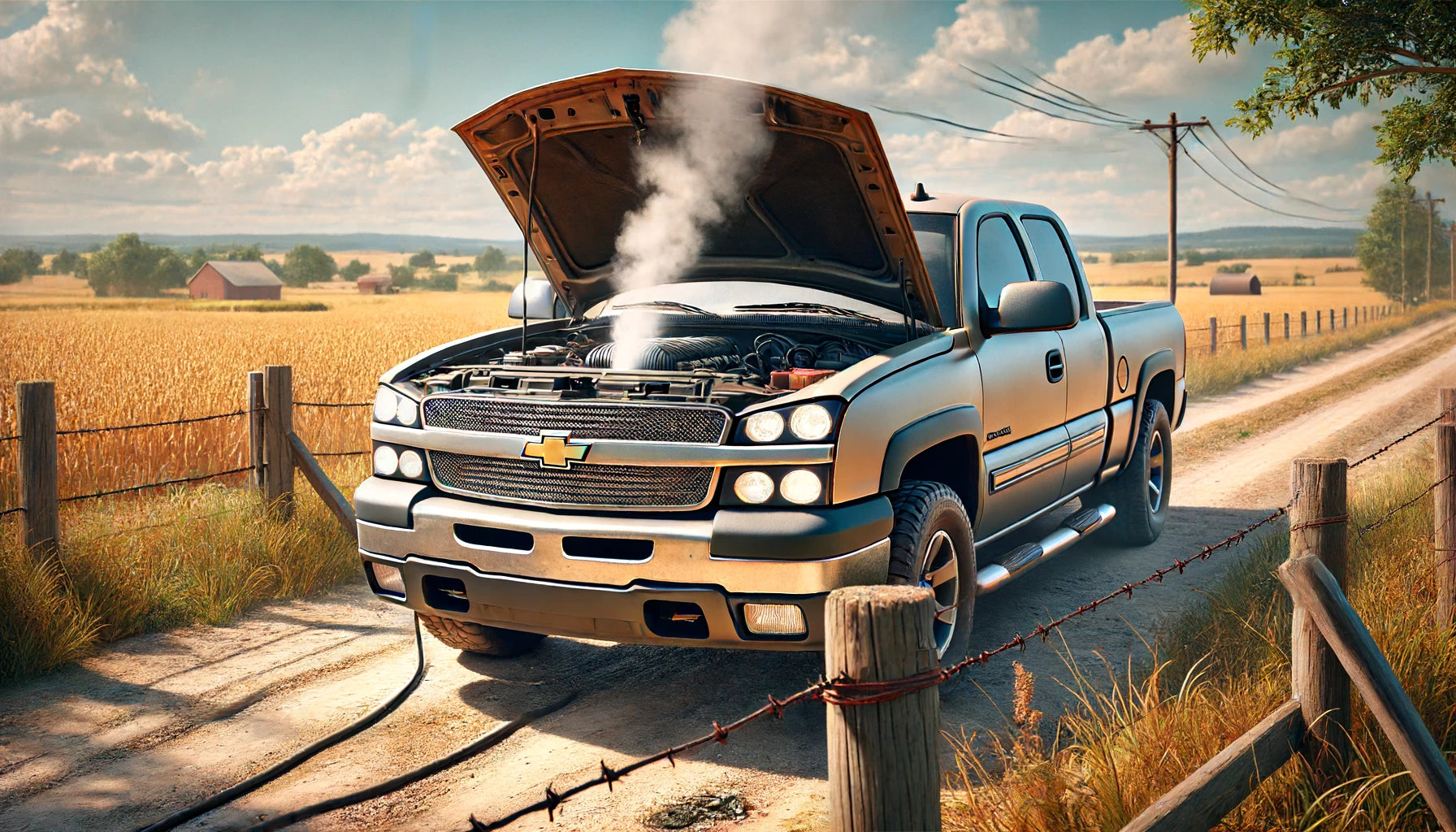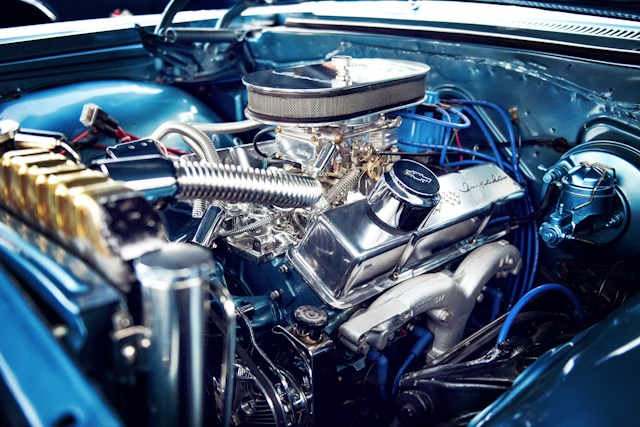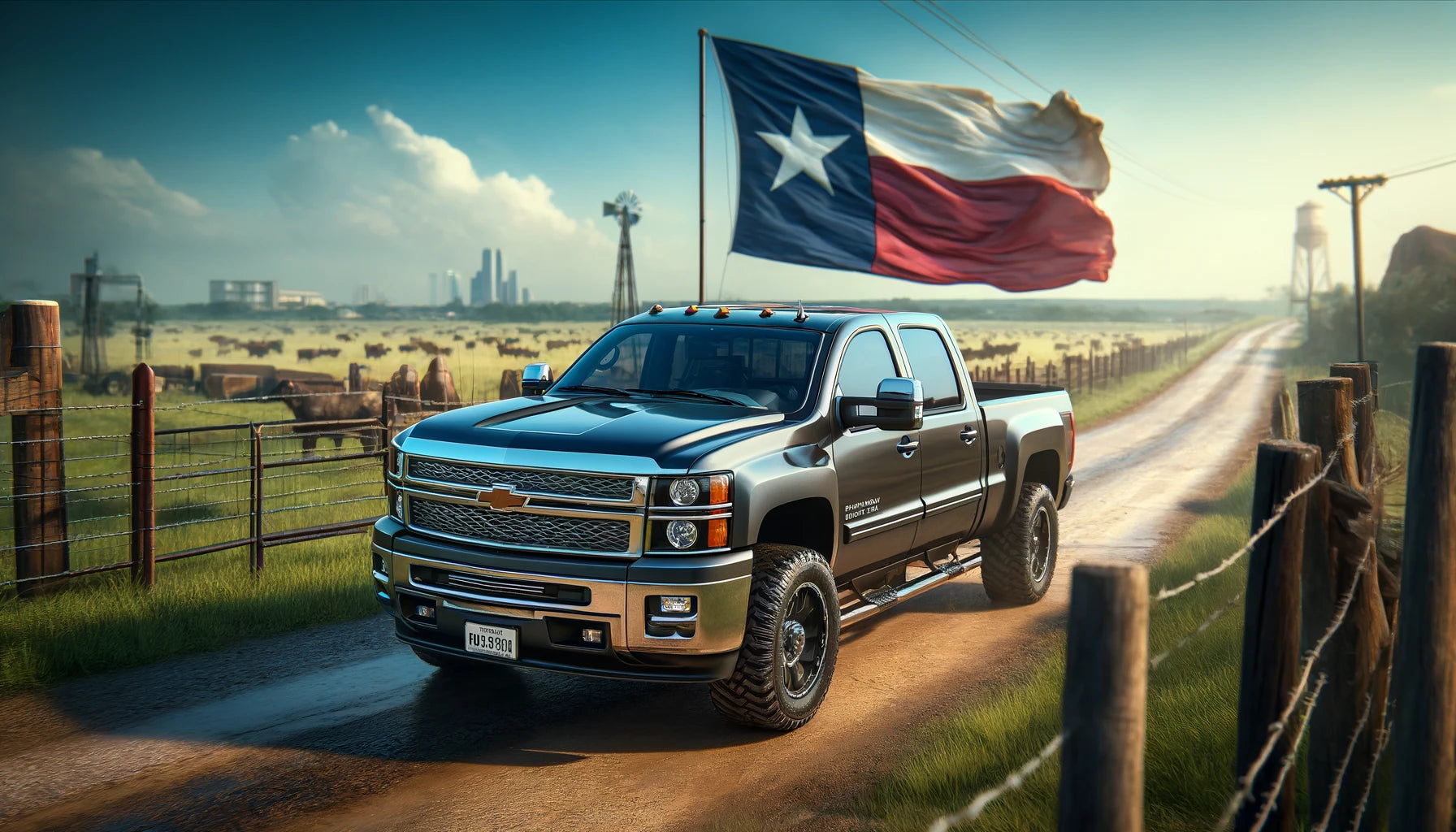Most Reliable Diesel Truck: A Comprehensive Guide
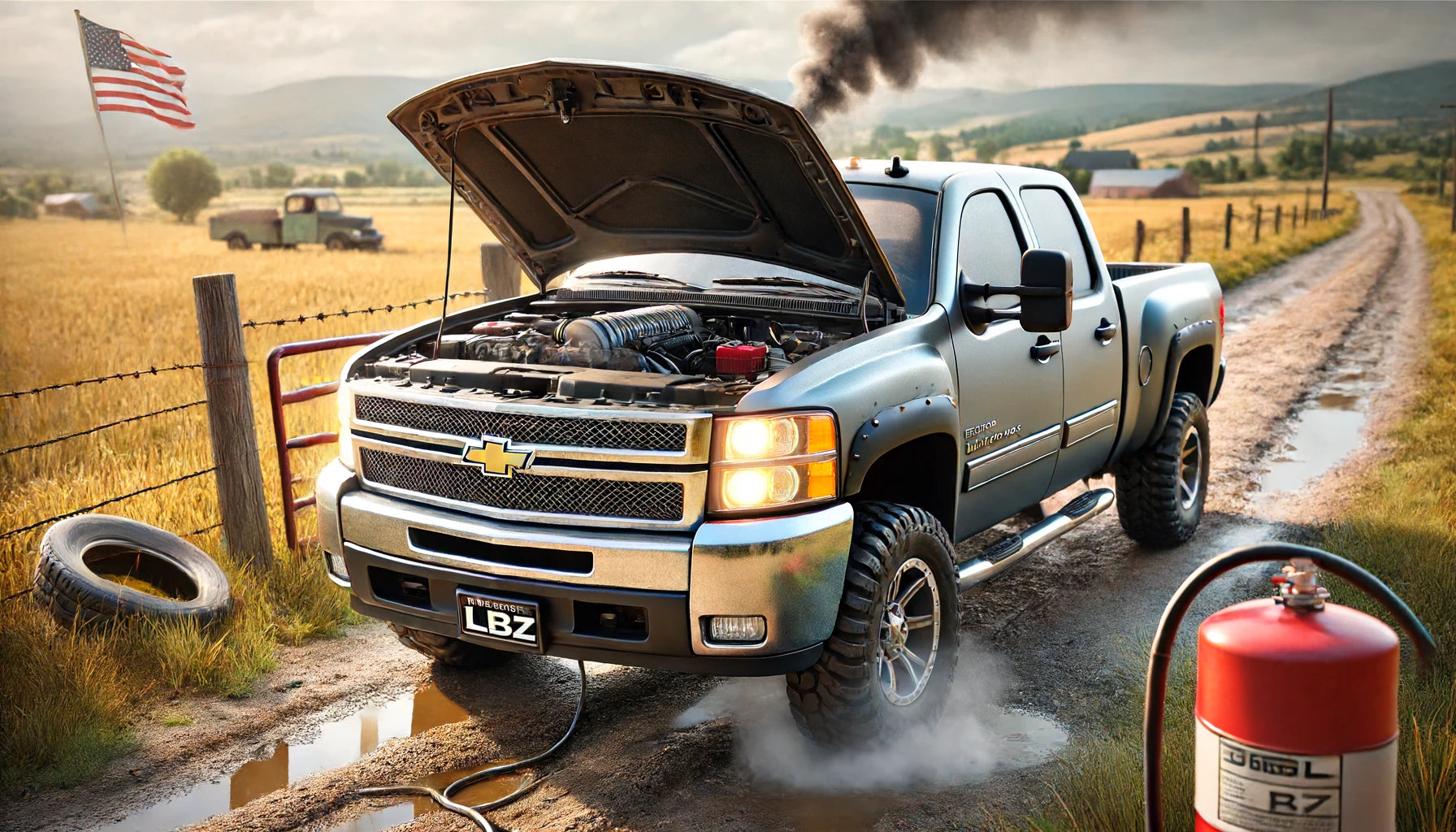
Table Of Contents
Truck enthusiasts have been debating about the hierarchy of the most reliable diesel trucks for decades. Fierce brand loyalty often hinders objectivity when such discussions arise, as do differences of opinion influenced by personal experiences.
A truck that ought to be on the most reliable diesel truck list is one that consistently functions or handles truck-related duties like hauling and towing without breaking down or developing unexpected problems or issues. Yes, breakdowns and part replacements are inevitable with continual use, but there are those trucks that hold out for longer than others before demanding visits to your local dealership, auto shop, or mechanic.
For the most part, diesel trucks are considered to be more reliable and durable than gas-powered trucks. Their engines handle substantially higher compression ratios; for this reason, they are built with stouter engine blocks and more robust internal components. Therefore, they are ideal for heavy-duty hauling or towing tasks that extend for long periods.
So, what is the most reliable diesel truck? In truth, there are many reliable diesel trucks produced over the last century that deserve mention. This article highlights just some of the most notable ones developed over the previous few decades.
1. Key Features of a Reliable Diesel Truck
The following are some of the aspects that reliable diesel trucks ought to have:
A Strong and Durable Engine
A reliable pickup truck must have an engine that is strong enough to function under heavy loads for extended periods. With a durable engine, having over 200,000 miles on the clock is nothing to be worried about.
Build Quality
When a truck has high-quality body materials and robust construction, it is bound to last long and withstand heavy usage. Modern diesel pickup trucks may feature frame or chassis components made from high-strength steel or aluminum alloys. For a used diesel truck, a little rust here and here is okay, but when it appears extensively on the truck’s frame, that’s not a good thing.
Functioning Emissions Systems
All trucks manufactured after 2007 come equipped with emissions control systems that have been known to malfunction in specific models. Most reliable diesel trucks have fully functioning emissions systems.
High-Quality Transmissions
In a pickup truck, it is not enough to have a strong engine; an equally capable transmission system is also required. The role of a transmission system is critical in trucks because of its role in converting engine output to meet the truck’s power and torque demands. A robust transmission guarantees sufficient power and torque delivery to the wheels and can withstand many years of heavy use without breaking down.
Regular Maintenance
A reliable diesel pickup truck is also one that is regularly serviced and maintained by certified auto technicians who use highly recommended parts, fluids, and components. Therefore, such a truck has a detailed service history.
2. Top Brands in Reliable Diesel Trucks
The following are the brands to look out for when searching for reliable diesel trucks:
Ford
Trucks first appeared in Ford’s lineup of vehicle offerings in 1917, so this automaker has been making trucks for much longer than other truck manufacturers. However, it wasn’t until 1983 that Ford started developing diesel pickup trucks. The automobile company has since manufactured a wide variety of diesel trucks, most of which are robust, durable, and reliable.
Chevrolet and GMC
Chevrolet’s truck manufacturing history dates back to 1947. Chevrolet and its sister company, GMC, have made some of the most popular diesel trucks on the market. Their diesel trucks are known for having high-torque engines that are tough, reliable and fuel efficient.
Ram
Ram Trucks, formerly known as Dodge Ram Trucks, is a division of Stellantis N.V. It is known for its powerful Cummins diesel engines. The manufacturer has a lineup of high-performing diesel trucks that guarantee efficiency and longevity. What also sets them apart is the fact that they blend strong capability with commendable driving comfort.
3. Popular Models Known for Reliability
All the above manufacturers are great in their own right. However, these are some of the most reliable diesel trucks in history.
Ford 1999-2003 Ford Super Duty (7.3 Liter Powerstroke)
The 1999-2003 Ford SuperDuty models that came equipped with a 7.3 Liter Powerstroke turbodiesel engine are renowned for being exceptionally reliable, mainly because of that engine. The 7.3 Liter Powerstroke turbodiesel engine came with an air-to-air intercooler that reduced exhaust gas temperatures while increasing performance. It also had an electric lift pump that provided impressive fuel system performance, an upgraded Garrett turbocharger with a wastegate, high-flow split-shot 140cc injectors, forged-steel connecting rods, and a stout cast iron engine block that could take quite a beating.
With proper maintenance, this reliable engine can exceed over 500,000 miles. In terms of power output, this engine started out making 235 horsepower and 500 lb.-ft. of torque. These figures grew to 275 horsepower and 550 lb.-ft. of torque by 2003.
2001-2004 Chevrolet Silverado 2500 HD (LB7 Duramax)
General Motors and Isuzu joined forces to build a competitive diesel engine at the turn of the century, which they dubbed the “Duramax” engine. Compared to Chevy’s and GMC’s prior engines, this engine was a significant step forward. The LB7 Duramax, its first iteration, is featured in the 2001-2004 Chevy Silverado/GMC Sierra 2500 HD/3500 HD models. It is a 32-valve, 6.6-liter V8 turbodiesel engine with a common rail injection system that produces between 235-300 horsepower and 500-520 lb.-ft. of torque. The LB7 Duramax has proved itself as a sturdy workhorse that can handle heavy-duty tasks with minimal problems. Its only flaw is that its fuel injectors must be replaced periodically.
2006-2007 Chevrolet Silverado GMC (6.6 Liter Duramax LBZ)
Thankfully, General Motors and Isuzu did not stop with the LB7 Duramax. They took note of the LB7 Duramax’s flaws and weak points and used them to inspire the production of the following engine in the series – the Duramax LBZ. This engine is featured in the 2006-2007 Chevy Silverado/ GMC Sierra 2500 HD/3500 HD models. It has an increased output of 360 horsepower and 650 lb.-ft. of torque, and is also more robust thanks to improvements like a stouter cast iron engine block, more rigid forged steel connecting rods, and more robust main-bearing caps.
The 2006-2007 Silverado/ GMC Sierra 2500 HD/3500 HD models are also more rigid and more reliable thanks to their improved high-strength steel construction and highly dependable manual and automatic gearboxes.
1994-1998 Dodge Ram 2500/3500 (5.9 Liter Cummins)
The 1994-1998 Dodge Ram 2500/3500 trucks could be had with a variety of engine options, but the ones that stood out in terms of reliability and hauling/towing capability were those that came equipped with a 5.9-liter, 12-valve I6 Cummins diesel engine. This engine was good for 175 hp and 420 lb.-ft. of torque initially, but subsequent updates brought increments to those figures. 175 hp may not sound like much, but this engine was virtually foolproof. It could endure substantial abuse without breaking down. If well maintained, it can exceed mileages of over 500,000 miles.
4. Maintenance Tips for Truck Longevity
Follow these steps to extend the lifespan of a diesel truck:
Look Out For Any Changes in Exhaust Fume Colors
If the truck exhibits unusual exhaust fume colors (blue or white), it could mean a malfunction in the coolant system. Fix any issues once you detect them.
Let the Engine Warm Up
It is essential to let the engine warm up before driving to avoid leaks and gasket malfunction. Conversely, allow the engine to cool down before turning it off.
Use High-Quality Diesel
Only use diesel from reputable sources to prevent engine damage.
Avoid Short Trips
Short trips do not allow the engine to warm up to the optimal operating temperature, and they will also reduce the lifespan of your truck’s battery. You can avoid short trips by consolidating them into fewer, longer trips when possible.
Regular Coolant System Maintenance:
Frequent cooling system maintenance is vital in diesel trucks because diesel engines generate a lot of heat that can cause engine damage if not well regulated.
5. Comparisons with Other Fuel Types
- Compared to other types of fuel types, such as gasoline, diesel is fuel efficient. This is because it contains more energy per gallon.
- Diesel’s lubricating properties are superior to those of gasoline. Because of that, diesel engines last longer than gasoline engines.
- Diesel produces more torque than gasoline, so it is better for towing and hauling or commercial tasks.
- Diesel can endure higher levels of compression and can function well at lower RPMs, both of which result in longer engine life.
6. Innovations in Diesel Truck Technology
Diesel truck technology has evolved since the turn of the century. Its innovations have improved the performance, fuel efficiency, and viability of diesel. Here are some of them:
Common Rail Fuel Injection
Over the last few decades, Common Rail Fuel Injection (CRF) systems have been widely adopted by diesel truck manufacturers. CRF systems are designed to inject diesel fuel into separate solenoid valves at high pressures to facilitate finer fuel vaporization for the improved mixing of air and fuel. This results in improved performance and better fuel economy.
Sound Attenuation Pockets
The engines of heavy-duty diesel trucks are no longer as loud as they used to be, thanks to sound attenuation pockets. Diesel engine manufacturers incorporate these pockets into the pre-chambers of their engines for the purpose of cancelling out detonation sounds when starting the engines.
Emissions Control Systems
Modern diesel trucks now come equipped with innovative emissions control systems that help to reduce the release of harmful emissions such as nitrogen oxides (NOx) and particulate matter into the atmosphere. These systems include selective catalytic reduction (SCR) systems, diesel particulate filters (DPF), and exhaust gas recirculation (EGR) systems.


